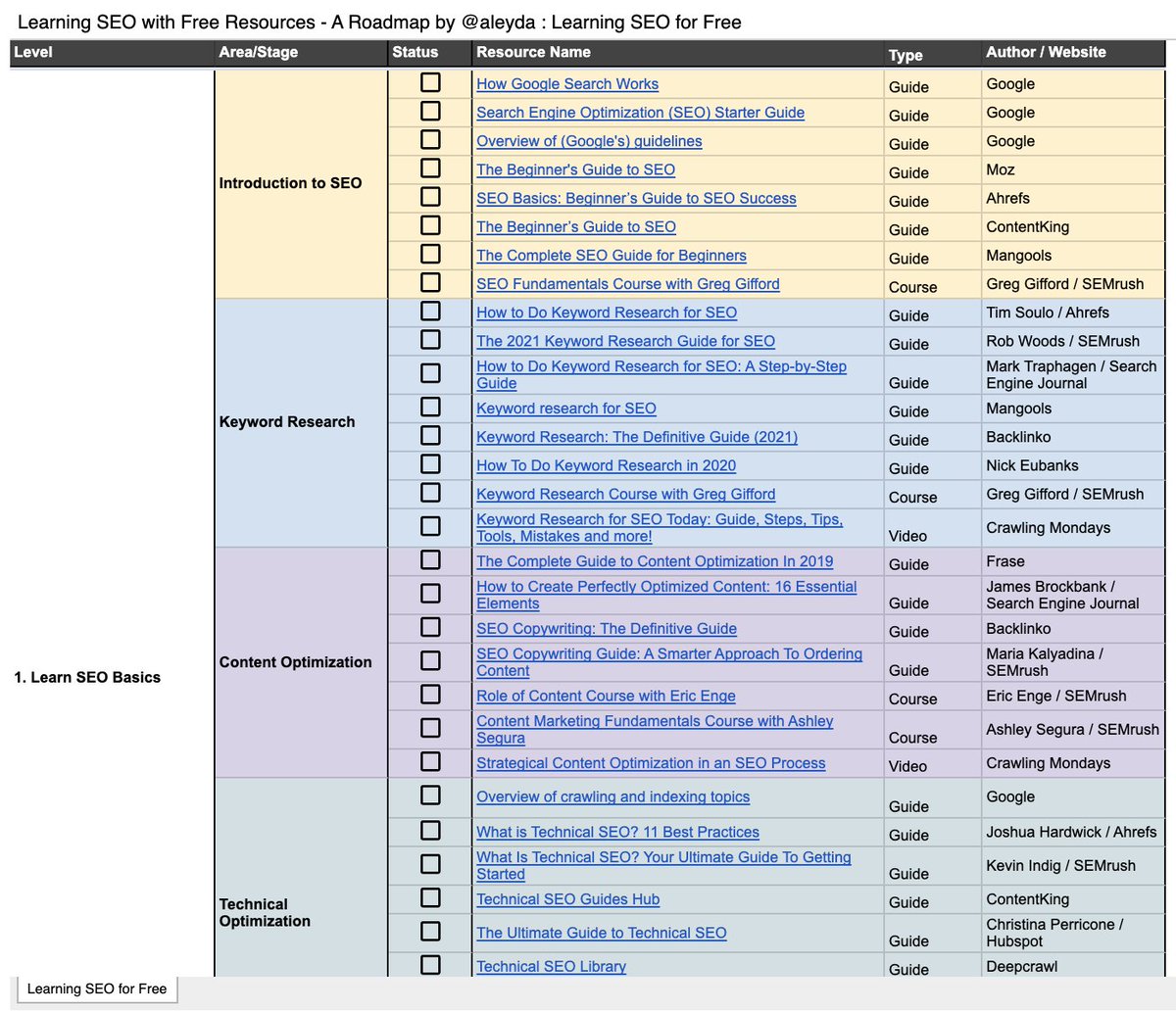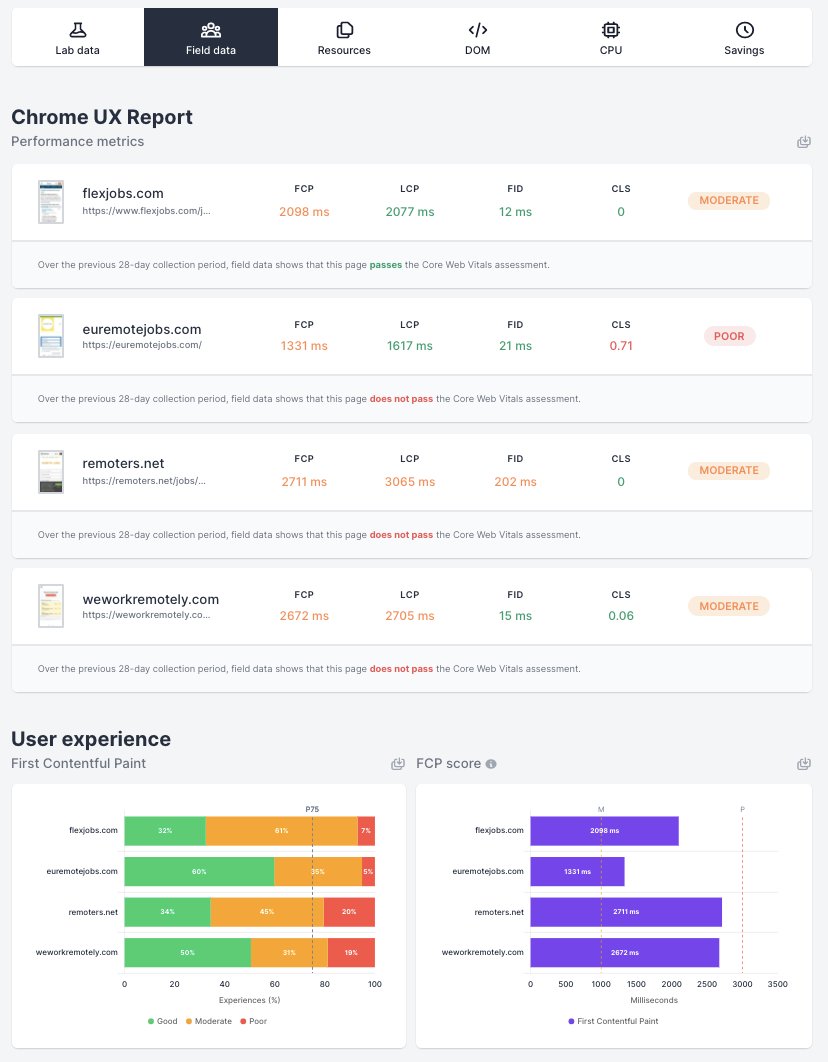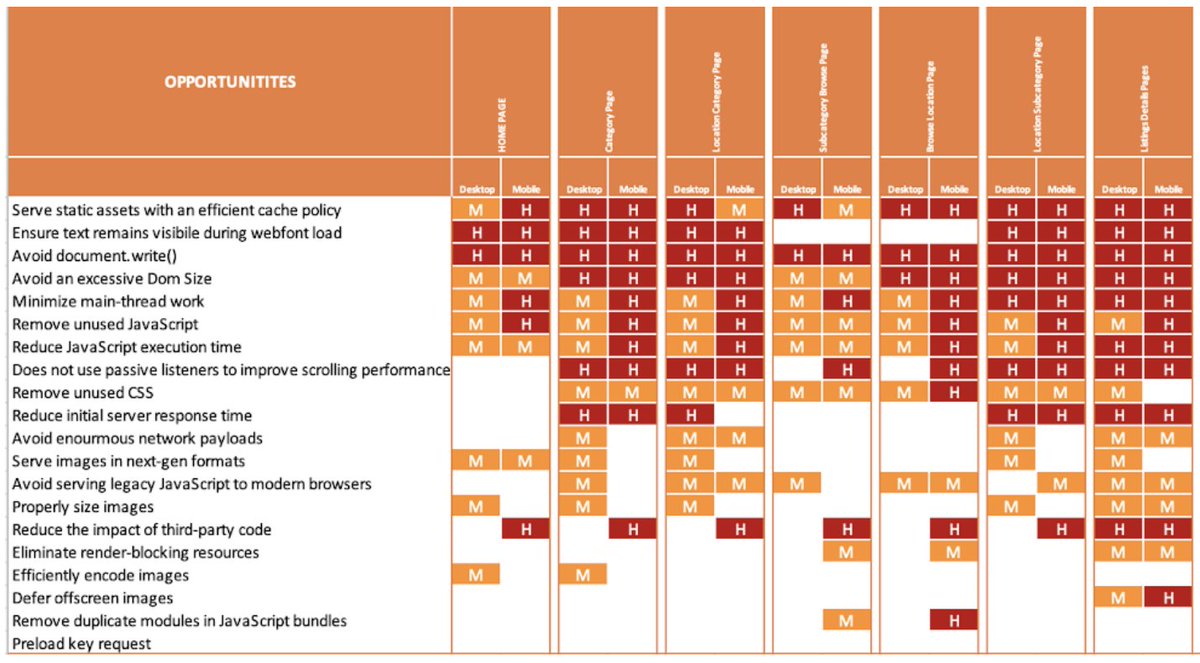
A few 🔥 remote SEO jobs in the @remotersnet job board:
* SEO Manager [SpotOn Connections], US$7-10K/Mo, +2yrs exp, available anywhere: remoters.net/jobs/seo-manag…
* Lead SEO [Part-Time at Web Baby Shower], US$1-3K/Mo, 3+yrs exp, available anywhere: remoters.net/jobs/lead-seo-…
...
* SEO Manager [SpotOn Connections], US$7-10K/Mo, +2yrs exp, available anywhere: remoters.net/jobs/seo-manag…
* Lead SEO [Part-Time at Web Baby Shower], US$1-3K/Mo, 3+yrs exp, available anywhere: remoters.net/jobs/lead-seo-…
...
@remotersnet * Senior SEO Specialist / Audience Strategist [10Up], US$7-10K/Mo, +5yrs exp, within North America: remoters.net/jobs/senior-se…
* Senior SEO Consultant [ Hallam], US$3-5K/Mo, 5+yrs exp, Europe: remoters.net/jobs/senior-se…
...
* Senior SEO Consultant [ Hallam], US$3-5K/Mo, 5+yrs exp, Europe: remoters.net/jobs/senior-se…
...
* SEO Strategist [HubSpot], US$5-7K/Mo, +2yrs exp, North America: remoters.net/jobs/seo-strat…
* Associate SEO analyst [Locomotive], US$3-5K/Mo, +2yrs exp, North America: remoters.net/jobs/associate…
...
* Associate SEO analyst [Locomotive], US$3-5K/Mo, +2yrs exp, North America: remoters.net/jobs/associate…
...
* SEO Content Editor [LegalTemplates.net], US$1-3K/Mo, +2yrs exp, Europe&Asia: remoters.net/jobs/seo-conte…
* SEO Manager [OM], US$3-5K/Mo, 2yrs exp, within the UK:
remoters.net/jobs/seo-manag…
More: remoters.net/jobs/
* SEO Manager [OM], US$3-5K/Mo, 2yrs exp, within the UK:
remoters.net/jobs/seo-manag…
More: remoters.net/jobs/
• • •
Missing some Tweet in this thread? You can try to
force a refresh



















